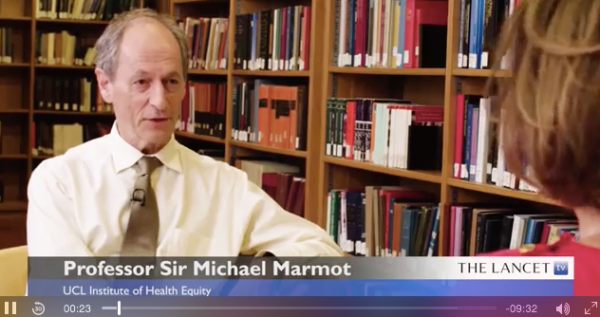
Clinicians or crusaders?
Choosing to follow a career in one of the most ‘caring professions’ may, arguably, also mean that you care about social justice issues because of some innate sense of compassion and empathy. But, it is important to remember that it goes much further than that.
Social justice is a fundamental element of any health policy. It can be overwhelming to think about the levels of structural change necessary to improve a person’s health, so as clinicians we tend to focus on the things we’re trained in, that we feel we can control: mastering investigative and diagnostic skills, developing techniques and systems, conducting research. A reflection shared by Dr Mary Bassett, New York Health Commissioner, “I rationalised my silence by reminding myself…that sounding the alarm could get me kicked out, keep me from doing good work, taking care of my patients, doing much needed research, so I didn’t speak out.”
We know that the more disadvantaged and in need of medical care you are, the less ease of access you have to health services, as described by the inverse care law. With the growing economic gap and climate issues already threatening communities, has it ever been more timely to stop and reflect on inequity in health?
Sir Michael Marmot, Professor of Epidemiology and Public Health, recently spoke with The Lancet about his research and book, The Health Gap: The Challenge of an Unequal World. He urges for a shift in focus to the structural systems that propagate poor health and chronic disease, rather than the behaviours.
Click here for the full conversation and article.
Or, for some further reading and inspiration:



